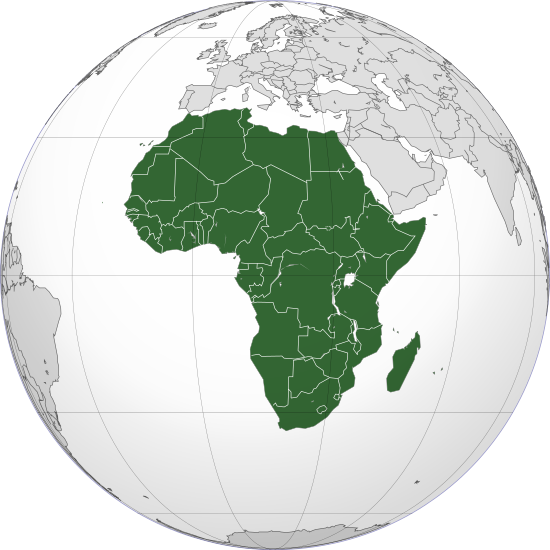
I am an American of African descent who researches and writes on macrotrends on the continent of Africa. I just submitted a piece about the shrinking of Malawi’s Lake Chilwa and am currently working on 3 articles about access to justice in Africa’s prisons, the importation of the US’ “war on drugs” into West Africa, and the outsourcing of data entry jobs to Nairobi’s slums. I recognize that as one born in the United States, I have to contend with the assumed universals of Western discourse- the “norms” that are exported in the name of democracy and human rights.
The number of people who have asked if I’ve actually been to Africa, looking to weigh the authenticity of my interest and work is a significant number. The first time, I answered with solemnity that I had not. However, by the 15th time, I was slightly offended. On an intellectual level, I do understand the skepticism- how does one write of places they’ve never been? The simple answer is “They read” and not only do they read, but they do so critically. Indeed, how do Kenyans write of agriculture in Ghana? How do Zambians research Tunisian history? Borders may limit nationality and identity, but they do not limit the flow of information.
Now, as I write, I can say that I have been to Africa, and will be returning. I went to Cape Town, South Africa two months ago, and next month, I will be in Equatorial Guinea. In spite of my clear interest in traveling and working on the continent, I have not had the means or opportunity to do so. I have sent countless applications for the chance to *volunteer* in Ghana’s Volta region or work in Addis Ababa, and there was always one barrier: the cost of international travel. I simply do not have $2000 at my disposal for air travel to and from the continent of Africa, and I cannot afford to let that limit the scope of my interests.
I have studied the histories of Africa’s nations and made a point of studying geopolitics within and without Africa. If you’ve seen my Twitter account, that is easily apparent. My other blog compiles all of my writing on gender, development, land rights and labor on the continent of Africa. I do not claim the title “expert” by any means, but I will stress the amount of research and study that goes into my writing. I began my study of African histories and the histories of the African Diaspora in undergrad at U.C. Berkeley, where I began to conceptualize my place within the Diaspora.
It’s strange, to me, that even among Black Americans, my authenticity is questioned, because my experiences, perceptions and acculturation do not match theirs. This all hinges on they way that Blackness is defined. Are the borders of Blackness defined by struggle? Is Blackness the antithesis to constructed whiteness? I find the limits of Blackness as defined by many to be exceedingly confining. And I feel similarly about the limits of African-ness. What is an African? Is it a phenotype? Is it a nationality? Is it a political identity that is shaped by reactions against colonialism, neocolonialism and neoliberalism? Heck, was there a Pan-African identity before the first colonizer constructed and utilized racial difference? Similarly, who is an African? Do we include the descendants of Asian traders and slaves or the descendants of European settler colonialists?
So, when people ask “Have you even been to Africa?” my knee-jerk reaction is to inquire as to why they need to know. Now, I try my best to answer the question in a neutral tone. “Yes, I have been to Africa.” But I still cringe internally, because the Africa I write of is a continent comprised of 54 countries, nearly 2000 languages, and is teeming with interlocking and interrelated histories and diasporas. The Africa we speak of is a diaspora within itself. The languages point to a long history of commerce across ethnic and linguistic barriers within and without the continent.

So, I guess it’s nice to be able to pull out my passport and say, “Yes, I’ve been to Africa.” I’m coming to terms with the fact that I am a “big picture” person. I do not wish to generalize, but I do want to understand the overarching realities and the fragmented jigsaw subjectivities that are so often subsumed under the singular, filtered narrative representation of “Africa.”


Thank you for this post, I can identity. Many African-Americans can not afford to travel to Africa so using this as a measuring stick can come up lacking. It’s similar to the question Where Are You From? I wrote a post about this question recently: http://wholeness4all.wordpress.com/2012/08/04/where-are-you-from